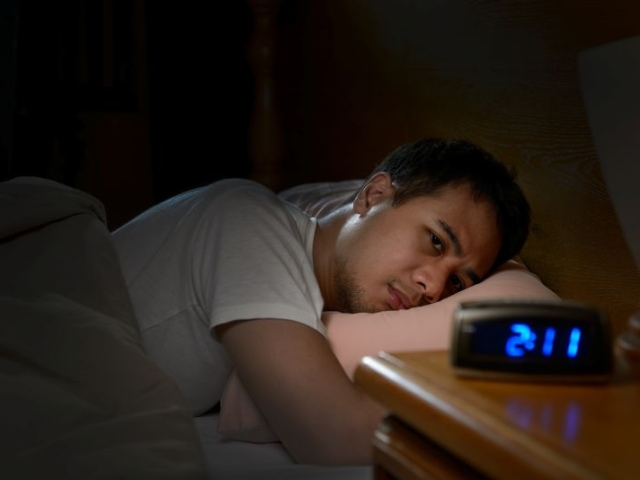
The Effects of Sleep Disorders on Erectile Dysfunction

Introduction
Concomitant insomnia and obstructive sleep apnea (OSA), or COMISA, means insomnia and OSA occur at the same time, whether that’s long-term, or from time to time. Both conditions on their own have detrimental effects on overall and sexual health as well as one’s quality of life. These sleep disorders can contribute to issues such as heart problems, anxiety, depression, mood changes, and erectile dysfunction (ED).
Insomnia occurs when an individual has difficulty falling asleep or staying asleep, which may result in non-restorative or insufficient sleep. OSA causes complete or partial obstruction of the upper airway during sleep. This often causes disruptions in blood oxygen levels (hypoxia) and, in turn, sleep disturbances to try and restore breathing and blood flow (reoxygenation). Usually, these sleep disturbances only happen for a few seconds – not long enough to notice or cause full alertness. When combined, each condition can exacerbate the other.
A 2024 medical review aimed to provide comprehensive understanding of how COMISA might exacerbate ED as well as highlight potential areas for future research.
Methods
To find studies for this review, the authors used online databases, with keywords, “COMISA,” “erectile dysfunction,” “insomnia,” “sleep apnea,” “hypoxia,” and “sleep architecture.” They included only studies published in English that focused on pathophysiological mechanisms linking COMISA to ED, epidemiological data, and clinical trials evaluating treatment approaches. No case studies were included. Gathering information involved identifying prominent themes related to hormonal, physiological, and neural pathways connecting COMISA and ED. This information was then synthesized to provide in-depth observations about the effects of COMISA on ED.
Results
The authors found that insomnia can cause problems with daily functions like mood disturbances, impaired cognitive functions, and hormonal imbalances. It is also associated with cardiovascular diseases, diabetes, depression, and anxiety. The repeated action of hypoxia and reoxygenation that occurs with OSA is often a stressor on the cardiovascular system that raises blood pressure and heart rate. The process may also contribute to mood disturbances, hormone fluctuations, sleep dysregulation, hypertension, heart failure, erythrocytosis, and endothelial dysfunction.
COMISA may exacerbate these underlying health issues associated with one or the other, making quality and quantity of sleep worse than it may have already been with just insomnia or just OSA. Those with an occurrence of COMISA were found to have higher levels of depression and anxiety than those with either condition or those with normal sleep patterns.
All of the above associations may contribute to ED. Prominently, cardiovascular diseases affect endothelial function, which is what helps initiate and sustain an erection. Additionally, hormonal imbalances, especially low testosterone levels, can be a risk factor for ED. Lastly, psychological issues like depression or anxiety can cause ED through performance anxiety or lack of desire, amongst other side effects. This may be due to the chronic stress and fatigue, or poor sleep quality and chronic sleep deprivation associated with either condition.
Discussion & Conclusion
Authors of this medical review suggest future research efforts should include longitudinal studies using newer diagnostic technologies, looking at treatment effectiveness, different subgroups of COMISA individuals, and biopsychosocial effects. They hope that the medical and scientific field may move closer to a deeper understanding of the relationship between COMISA and ED.
Sleep disturbances as a result of COMISA may significantly impact the risk of ED, leading to psychological changes, cardiovascular diseases, and hormonal imbalances. Researchers stress the need for vigilance in recognizing COMISA’s interconnectedness with ED and low testosterone levels. A holistic approach to treating COMISA, taking insomnia, OSA, and ED into account using personalized treatment or management plans, may be most useful.
References:
- Andersen, M. L., Gozal, D., & Tufik, S. (2024). Exploring the link between comorbid insomnia and sleep apnea (COMISA) and erectile dysfunction: Implications for male sexual health. Sexual Medicine Reviews, 13(1), 105–115. https://doi.org/10.1093/sxmrev/qeae068

